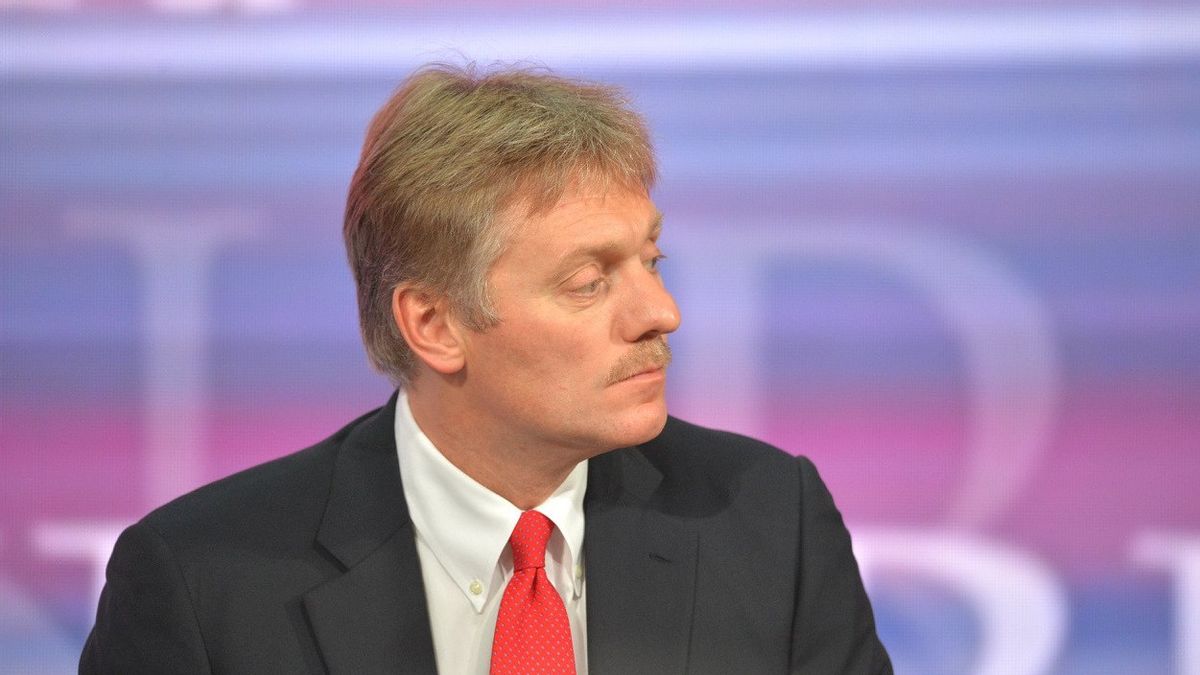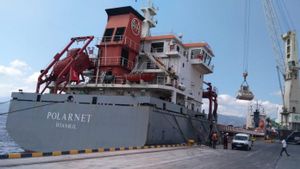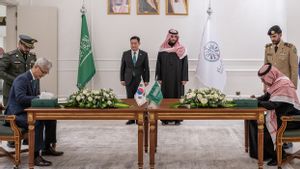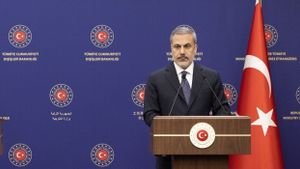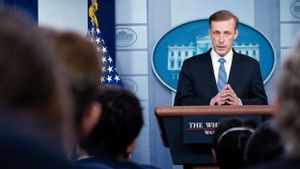JAKARTA - The Kremlin on Monday warned the West that any attempt to use frozen Russian assets as collateral to raise funds for Ukraine said it was an illegal act and closely watched over it and stressed the risks it could pose.
The United States and its allies banned transactions with Russia's central bank and Ministry of Finance, blocking Moscow's assets of around US$300 billion in the West, after President Vladimir Putin deployed his troops in a special military operation to Ukraine in February 2022.
Russia's central bank has not provided detailed details on what is frozen, but a rough picture can be obtained from documents detailing Russia's holdings in early 2022. These assets are spread in the form of euros, US dollars, British pounds, Japanese yen, Canadian dollars, 6 billion Australian dollars, Singapore dollars and Swiss francs.
Russia has said that if the property is confiscated, they will confiscate US, European and other assets in response.
Kremlin spokesman Dmitry Peskov said any attempt to seize Russian assets would pose legal challenges over the years from Russia.
"Of course, the Russian Federation will oppose the decision, we will protect our illegally confiscated interests and assets," Peskov said.
"Additions to other people's property undermine the entire foundation of the economic system, including their economic system, which will implement the decision," he continued.
"We believe the decision makers also understand this unavoidable consequence. We are watching closely," he stressed.
Previously, the Financial Times reported on Saturday that the G7 state had drawn up plans to use frozen Russian assets as collateral for debt sales to help Ukraine. Bloomberg also reported the plan.
SEE ALSO:
"We don't know how well this publication fits into reality. Is there such a plan? It is important to wait for an official statement regarding this matter," Peskov said.
"We know that even the most serious publications, unfortunately, are realized or not, are making a lot of mistakes," he said.
Several senior Western officials fear that confiscation of Russian assets invested in government bonds in euros, US dollars and British pounds could weaken the central bank's willingness to keep foreign exchange reserves with each other.
The English, Chinese, Japanese, Arabic, and French versions are automatically generated by the AI. So there may still be inaccuracies in translating, please always see Indonesian as our main language. (system supported by DigitalSiber.id)
